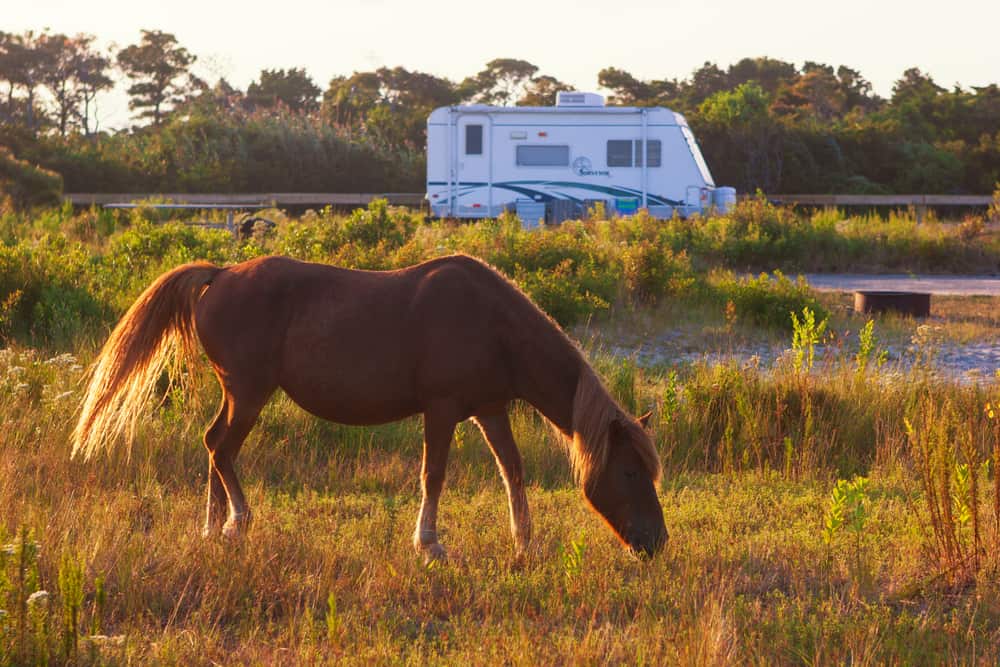A proposal to establish a glamping retreat tailored for horse enthusiasts at Braidlaw Farm near Penicuik has been denied by Midlothian Council, with planners citing concerns over its visual impact on the landscape.
The project, led by Pentland Shepherd Huts, sought to integrate five glamping pods designed to resemble existing horse sheds on the property.
The retreat aimed to provide countryside accommodations for visitors, particularly those interested in equestrian activities, offering guests the opportunity to bring their own horses or interact with the farm’s ponies.
“There is a growing body of research that recognizes the positive effects on mental health of spending time with horses,” the applicants stated in a report by Edinburgh Live.
They also emphasized that the retreat would offer hands-on experiences, such as grooming and feeding, as part of the stay.
The initiative was positioned as a way to diversify the farm’s livery business, which the applicants argued was not financially sustainable on its own.
Despite these justifications, planning officials determined that the proposed development would be too visually prominent.
“Within this context, the development, particularly the array of pods, would be conspicuous and impinge on scenic views from the A766,” planners stated in their decision.
They acknowledged the potential biodiversity benefits of the project’s landscaping but maintained that the pods would disrupt the area’s characteristic open farmland.
For business owners in the outdoor hospitality sector, the decision highlights the challenges of securing approval for rural glamping projects, particularly when scenic preservation is a concern.
The case underscores the importance of balancing diversification efforts with local planning policies.
Operators looking to expand into similar ventures may need to engage with planners early in the process, ensuring that proposed accommodations blend seamlessly into the natural environment.
Strategic placement, architectural design, and community engagement may all play crucial roles in overcoming regulatory hurdles.








